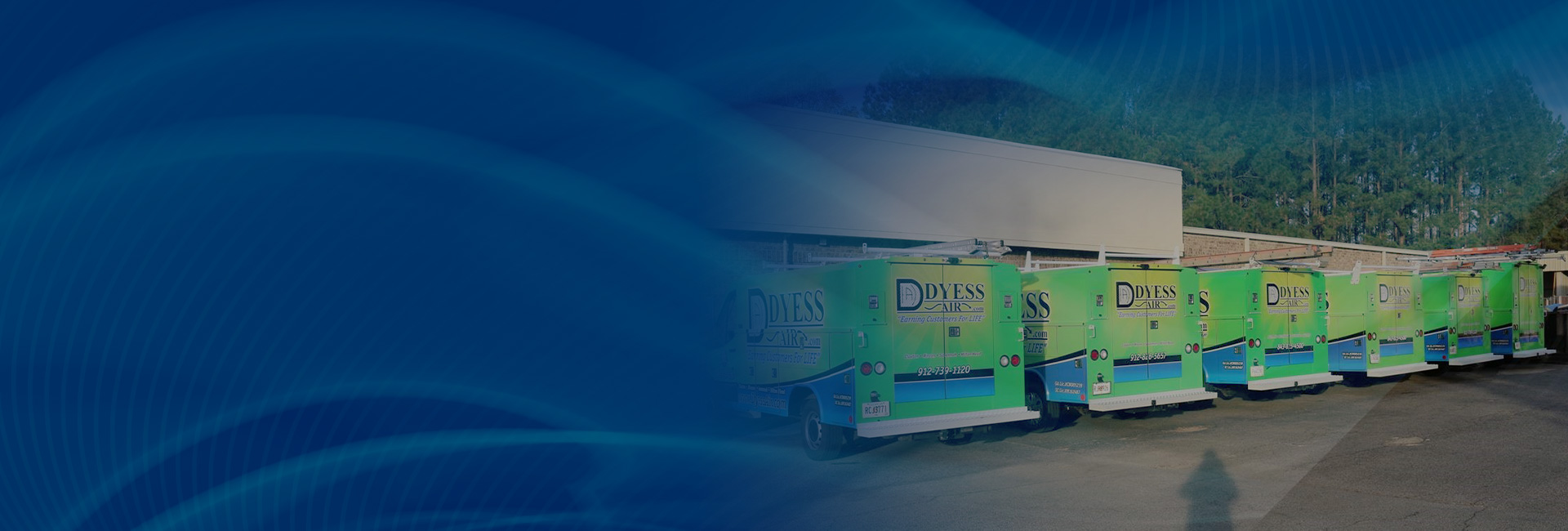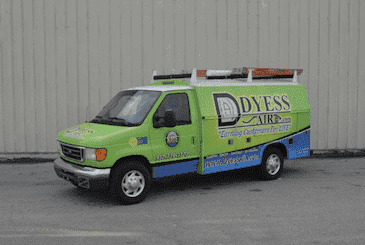Your heating and cooling activity during the year is credited with being responsible for about half of the energy usage in your home in the Coastal Empire. Both South Carolina and Georgia fall into the moderate range for per capita energy consumption, and the energy efficiency of HVAC systems can be a major factor contributing to these levels. A little bit of awareness can make a major difference in the performance of your system, saving both money and frustration as you optimize your equipment for better energy usage and comfort management. Following are four common but costly heating mistakes that you will want to avoid this winter.
Forgetting Your Filter
Failure to change your filter can be a prelude to higher energy bills or repair issues. You should begin the heating season by installing a clean filter for optimum comfort and efficiency results. You should also check the filter on a monthly basis to ensure that a change is made promptly. A dirty filter restricts airflow, potentially leading to problems ranging from overheating to short-cycling in a heating system. This can stress your equipment, possibly shortening its life while also increasing your energy usage by 15 percent or more. Make filter management a top priority.
Turning Off Your Heater
You may think that turning off your heater will save money, but the energy loss because of an inoperative system can lead to greater stress when you finally turn the heat back on. It’s better to manage this energy loss through targeted temperature changes based on activity levels and patterns in your home. Energy experts recommend using 68 degrees as the set-point in your home for the most active periods. Make programming adjustments to decrease the setting by 8 degrees for times of reduced activity levels. The recovery from 60 degrees in the home is much less stressful for your equipment than a recovery from a significantly lower temperature.
Ignoring System Problems
Failing to deal with odd system behavior could lead to major problems, including the potential for a complete system failure. If you use a gas furnace to heat your home, you’ll also want to act promptly to ensure that carbon monoxide emissions aren’t a factor in any breakdowns. Unusual cycling activity, lack of heat, and unusual noises shouldn’t be ignored. You can do some initial troubleshooting to ensure that a thermostat change, utility outage, or tripped switch isn’t causing the issue. Contact your HVAC contractor promptly if you have eliminated these issues.
Skipping HVAC Maintenance
Although preventive HVAC care may sound like an extra cost, it can save energy and reduce your utility bills, making it a worthwhile investment. Heating maintenance should normally be completed during the fall months to ensure that your equipment is optimized before colder weather reaches the Coastal Empire region. However, you can schedule HVAC maintenance at any point that you recognize that your system seems to be performing inefficiently.
In addition to offering comprehensive HVAC care, Dyess Air & Plumbing can also provide home performance evaluations to identify potential sources of energy loss and high utility bills. We are available for 24/7 emergency service if you are experiencing an urgent system problem. Contact our office to discuss your needs today.

